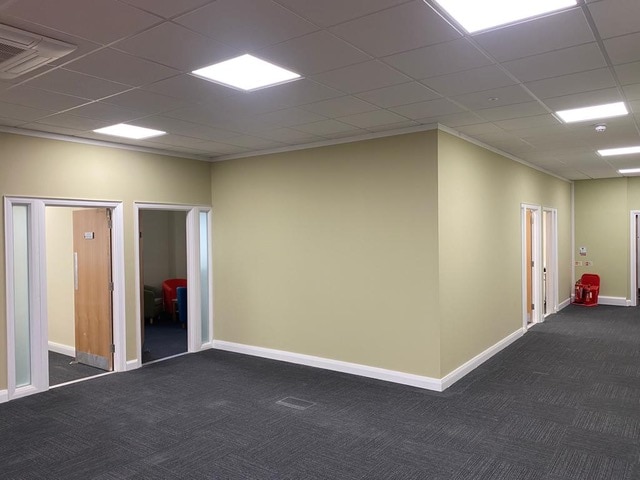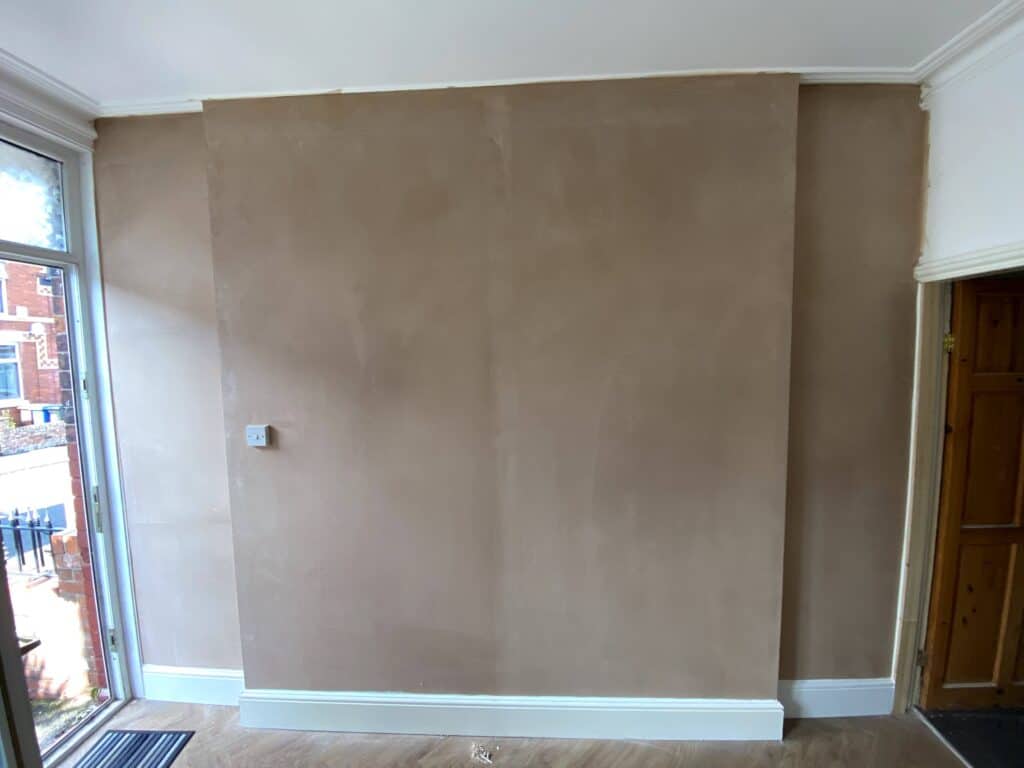
30th June 2023
30th June 2023

Noise disturbances can be very frustrating and both homeowners and business owners alike will look for ways they can effectively reduce unwanted noise. Many people don’t realise that sound is actually transmitted through buildings in more than one way though. If you’re frequently disrupted by noise, this will either be impact noise or airborne noise. In fact, some everyday noises can actually be both.
If you’re not sure what impact noise or airborne noise is and you’re wondering how you can effectively prevent noise from interrupting you, keep reading today. Below we have looked into these two different types of noises and how soundproofing can help you to block out unwanted noise from your domestic or commercial property in more detail.
Impact noise, also known as impact sound, is any noise that travels through the fabric of a building. This type of sound occurs when an object impacts another, causing the sound to travel from one room to the next. A couple of really common examples of impact noise are; footsteps, doors slamming and chairs scraping on the floor.
Airborne noise, also known as airborne sound, is any noise that travels through the air. This type of sound is transmitted through the air particles in different spaces and it can easily make its way from one room to another. Some common examples of airborne noise are; television, radio, babies crying and people talking.
Thankfully, you don’t simply have to put up with impact or airborne noise, and there are several soundproofing solutions that can help to reduce the amount of noise you hear. Soundproofing systems are designed to make a space resistant to the passage of sound and a combination of materials can be used to significantly reduce and often eliminate sound transmission. There are a wide range of noise reduction techniques, but using materials that alter the density, separation and depth of a wall, ceiling or floor, tend to be the most effective and the most popular.
Wall soundproofing is ideal when you have noisy neighbours. Once installed, wall soundproofing can help to reduce the everyday noises that you find irritating, such as television noise, shouting, dogs barking, and listening to what your neighbour is planning on cooking for their dinner! We offer two different base systems (Independent or Clip Direct to Wall) and we’ll help you figure out which system will be most effective, taking into consideration factors such as which way your floor joists run, whether we need to accommodate internal doors and windows, the depth you have to play with and the degree of the noise to start off with. We also offer optional upgrades to further enhance the base systems which are popular with our customers. The more layered mass you can install, the better it will perform.
Ceiling soundproofing is helpful when you experience a lot of unwanted noise from the people living or working above you. This makes it a popular choice amongst people who live in flats and businesses that work in office buildings. Installing ceiling soundproofing can help with both impact and airborne noise, making your rooms much quieter in general. It’s worth noting that sometimes airborne noise can travel up and down walls – so something to consider when you’re living in an apartment. A simple listening test will help establish this. When the neighbour above or below is listening to their music, cover one ear up and place the ear that’s free against the wall. How clearly can you hear the noise? Test all of the walls in the room as some may not be transmitting noise at all, others may be the weak spots.
Floor soundproofing is a popular choice when old floorboards aren’t effective at preventing noise disturbances or the sound of a gaming chair rolling around on the bedroom floor is annoying parents trying to watch the tv below! We usually adapt our systems to the noise complaint and the budget that a customer has. For example, it might be that the most effective method is to install a soundproof system in between all of the floor joists or the better route might be to replace the existing floorboards and add a new structural acoustic floor deck coupled with a soundlay mat.
It’s worth noting that sometimes, you may need to install more than one soundproofing solution in your building to reduce noise. For example, before you install floor soundproofing, you need to establish whether or not the noise is actually a combination of floor and wall noise flanking, causing the sound to travel. Understanding more about the noise you’re experiencing can help you choose the best solutions available for your property.
Whether you’re experiencing issues with impact noise, airborne noise or a mixture of both, get in touch with our expert team at City Insulation today for assistance with soundproofing. We provide tailored solutions for both domestic and commercial properties, and whatever your individual needs may be, we will have the perfect sound management solution for you.
Here at City Insulation, we provide an end-to-end service. Our soundproofing consultants will listen to your sound problems and recommend the best soundproof systems for your property. Our specialist soundproofing installers will then complete the installation to the highest standards. With many years of experience behind us, you can always enlist our help knowing that you won’t be disappointed with the service you receive. Our manifesto is simple; ‘to bring our customers peace’, and we pride ourselves on doing so every day.